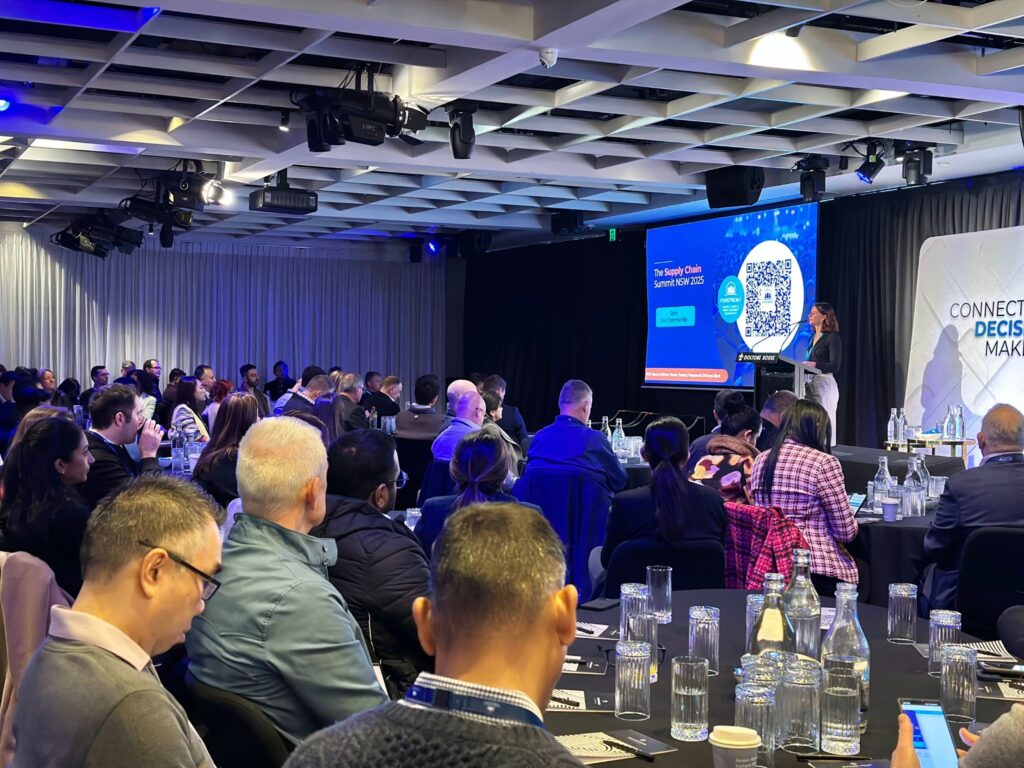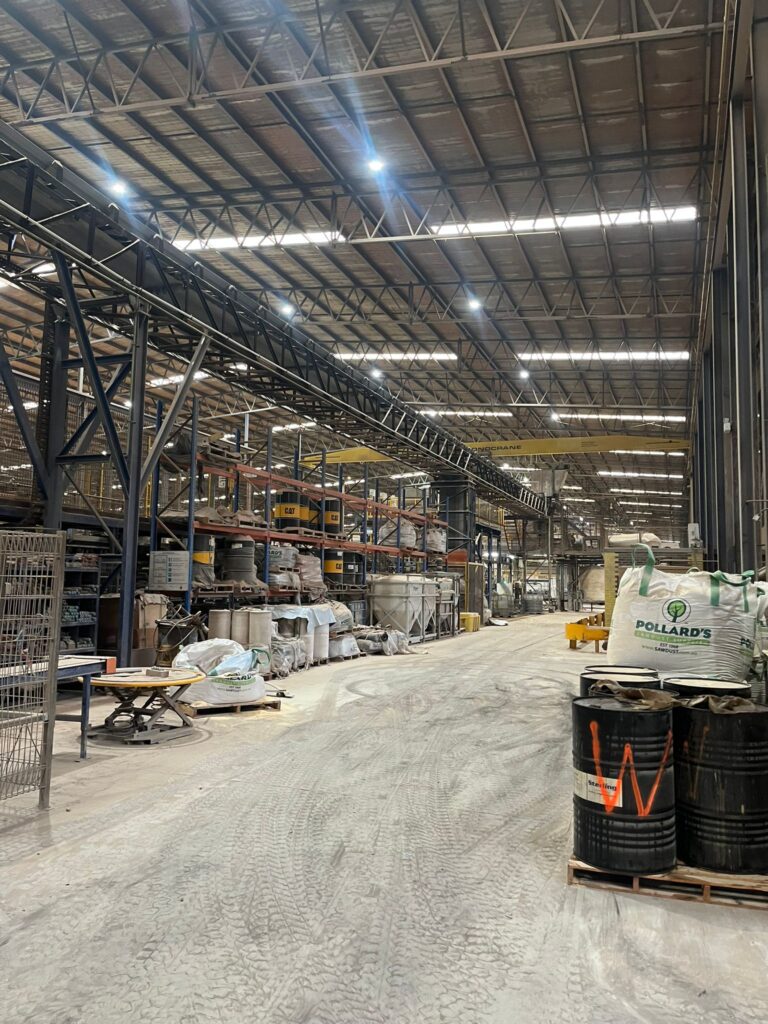Businesses are nothing without their suppliers. And procurement functions are redundant without suppliers providing goods and services to the business. Typically, a procurement team will be responsible for managing a range of key factors for the business. Cost is, clearly, one of these. But also, risk, quality, responsiveness to changing or urgent demands, innovation, and speed of response are all elements that require close and effective supplier relationship management.
These can all become challenges in times of increasing inflation, as buyers and suppliers all battle to retain margin, custom and, often, just stay afloat.
A recent survey conducted for Argon & Co found that 43% of supplier relationships are no worse due to price increases. But think of that the other way around – many supplier relationships from the companies in the survey have been impacted by price increases in this current inflationary world. indeed, 30% of responders from the survey stated that supplier relationships HAD worsened because of price increases imposed on them.
94% of respondents advised that they had received a price increase from suppliers considering the inflationary period and, most commonly, these are in the range of 10-20% – with some responders seeing planned price increases from suppliers of over 50%.
And, these types of increases are not just in one sector, but from all sectors that responded to the survey. From construction to manufacturing, and across into service industries such as financial services.
This is not surprising – intuitively, you would expect that rising prices from suppliers to customers who, themselves, are facing profits that are dwindling, or even losses, would put a lot of strain on those relationships. But what was more significant, to us, was the 43% of responders who have actively said that price increases have had no impact on the relationship. Even further, a number of respondents have told us that the need for a price increase has in fact strengthened relationships.
The narrative is that we are all in the same boat, we are all going through this pain together. Why would this be? How or why would passing through a price increase be a cause for the relationship to strengthen? Our feedback told us several factors took effect:
- Trust – by being open and up front about their challenges and requirements, responders told us that it enabled them to identify the suppliers they can trust. It makes the dialogue more open and creates a bond in challenging times. This would suggest that suppliers who struggle on and are not open to their customers are likely to be fearful and less trustworthy; customers cannot help or engage if suppliers are not open or try and force through an increase without dialogue and communications
- Detailed Review – at an operational level, responders also pointed out that the impact of price increases from suppliers had caused them to critically review, revise and update processes that they had not changed for years – or had planned to change but not got around to it. These could include sourcing processes or category planning; or internal practices and workflows; supply chain management practices might also be critically reviewed; and the supplier management processes. A supplier requesting a price increase can lead to benefits in the relationship – obviously not the price increase itself; but if it gives cause for the supplier and buying organisation to engage effectively around working practices, market dynamics, innovation of products and processes, and the commercial structure of the relationship, then these can all lead to sustained, long term benefits for both for years into the future.
- Supplier relationship management – responders told us that “given the tough environment it will improve relationships with suppliers” and “we are trying to work with suppliers to maintain good relationships as we are all struggling.” Over half of responders expect the inflationary situation to last for 6 months to 24 months. Over 80% also said they expect the economic situation to cause them to rethink business operations and practices. And suppliers and their relationships should be part of that.
Our experience tells us that Supplier Relationship Management requires investment – of time, resource and, sometimes, of money. If the current situation causes us to evaluate who our key suppliers are and who deserves that investment of valuable resource, then it is possible we will come out of this stronger with enduring relationships and commercial structures for the future. There is a saying that you know who a loyal friend is in times of difficulty. It seems like the same could be said to apply to working relationships and to our key supplier relationships.
It might be tempting to see foes in our suppliers – and some may well be – but we could all benefit if we can identify, harness and work closely with our friends in the suppliers we engage and value.







